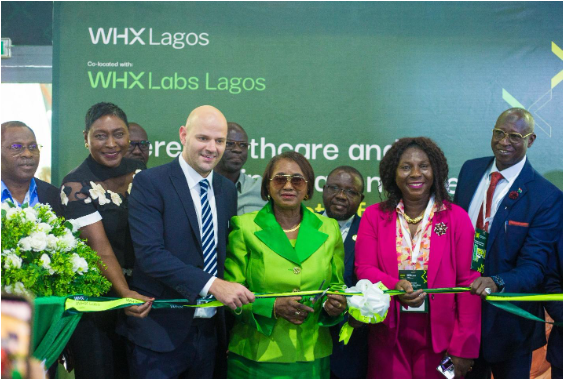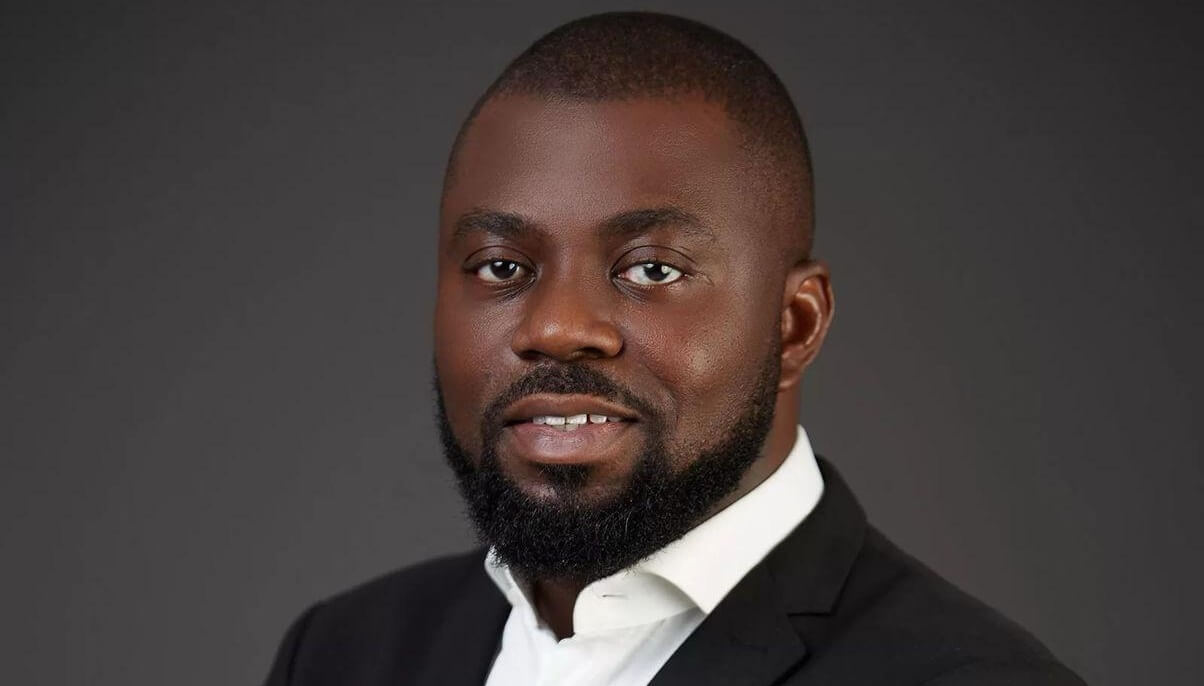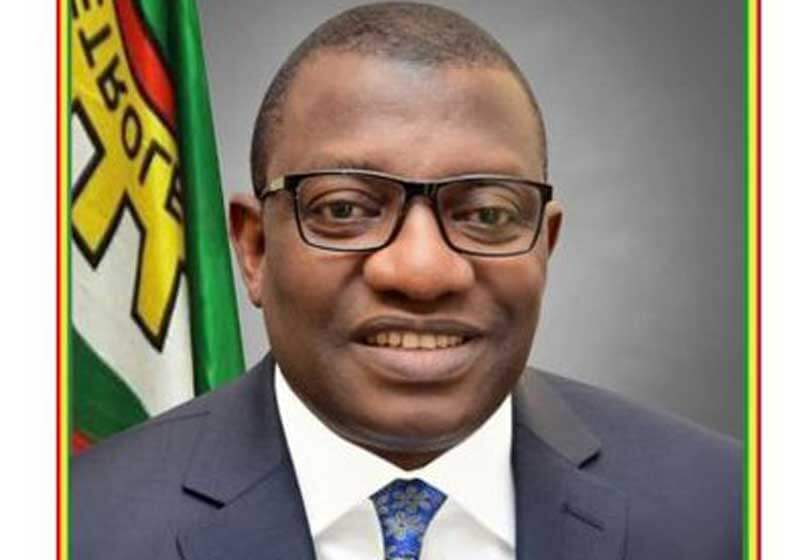N600m Alleged Scam: Court Issues Arrest Warrant For Businessman Toyosi Ayodele
For allegedly being involved in an agribusiness investment fraud of the sum of N600 million and $50,000, Justice Olubunmi Abike-Fadipe of a Special Offences Court on Wednesday issued a bench warrant to arrest Toyosi Ayodele.
Ayodele is standing trial alongside his companies, Reaprite Global Limited and Agrorite Limited, on an 11-count charge brought against him by the Economic and Financial Crimes Commission (EFCC).
The anti-graft agency said his offence borders on obtaining money under false pretences and stealing.
However, Justice Olubunmi Abike-Fadipe issued the bench warrant sequel to the medical report he submitted to the court and his absence.
The judge, in a ruling, held that the medical report submitted by Ayodele’s counsel, Mr. Chukwuemeka Maduagwu, purportedly from University College Hospital (UCH), Ibadan, did not have the stamp of the hospital.
She quoted from the report that the first defendant was brought to the emergency unit of the hospital on an emergency referral from Reddington Hospital, Lagos.
The judge said, “I have examined Exhibit A, which appears to be a letter issued from the Accident and Emergency Department of the University College Hospital in Ibadan dated May 20, 2025.
“It states that the first defendant was brought to the emergency unit on an emergency referral from Reddington Hospital with medical histories of extremely high blood pressure, and that he had been admitted and was under treatment and observation.
“The alleged report, which is said to have emanated from UCH, a prestigious and famous institution of medicine in this country, the part of the body that is under high pressure was not mentioned.
“Emergency referral from quote and unquote ‘Reddington Hospital’ was not given, and note the error in the spelling of ‘Reddington.’”
Justice Abike-Fadipe also said that there was nothing to show that UCH conducted any procedure on the first defendant to determine what exactly was ailing him.
“Lastly, no diagnosis or suggested course of treatment is included, and I am inclined to agree with the prosecutor that this exhibit is not a medical report; rather, it is a letter containing information.
“I am very wary of accepting the document in light of the observations I have made in the preceding paragraph. Consequently, the EFCC is directed to verify the authenticity of the letter and, in the meantime, a warrant is issued against the first defendant to be produced before the court to state why the bail granted to him ought not to be revoked,” she said.
The judge further said the cost to be paid by the first defence counsel would be determined upon the verification of the letter and the production of the first defendant on the warrant issued.
Justice Abike-Fadipe subsequently adjourned the case to July 8, 2025, for further proceedings.
Earlier, during the proceeding, EFCC counsel, Mrs. Deborah Ademu-Etteh, had told the court that the matter was for continuation of trial and the witness was present in court.
The defence counsel, however, informed the court that the defendant had a medical emergency after he left court on Tuesday (May 21, 2025) and had been admitted in UCH.
Maduagwu had urged the court for an adjournment to enable the presence of the defendant to stand trial.
The prosecution, therefore, vehemently objected to it, stating that the application was a tactic by the defence to delay the trial. She added that there was no UCH stamp on the purported medical report.
Eze had also prayed the court to issue a N500,000 cost to the defence for delaying the case.
Recall that a chartered accountant and IT expert, Mr. James Emadoye, had on May 20 testified as the first prosecution witness against the defendant.
Emadoye, in his evidence, had told the court that the defendant approached him and his wife with an investment offer in agronomy, and they had invested a total of N40 million and $50,000 in three tranches.
The witness had said trouble began when their daughter needed tuition for studies abroad and he requested to withdraw part of their investment, and the defendant allegedly issued two cheques for payment.
“The cheques were dishonoured upon presentation due to insufficient funds. All efforts to reach the defendant proved futile, prompting me to consult with my brother, who also invested with the same company.
“We subsequently petitioned the EFCC on behalf of my family and other affected investors,” the witness had said.
The court had admitted into evidence the EFCC petition, the dishonoured cheques, and investment certificates.




